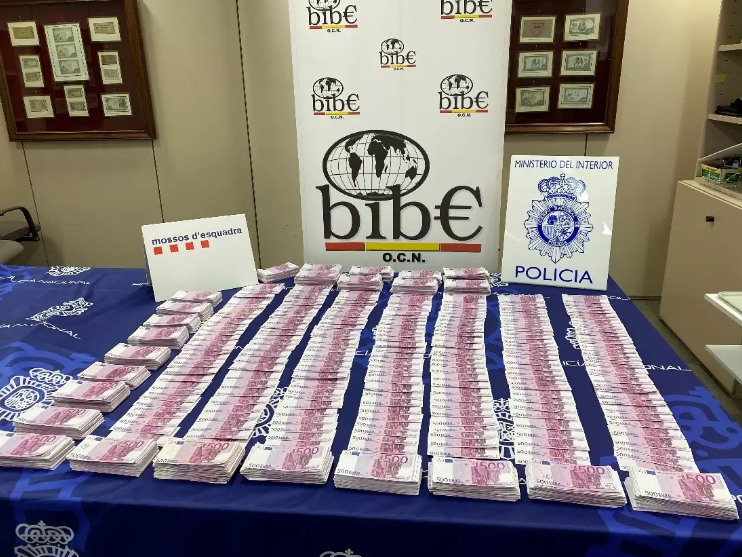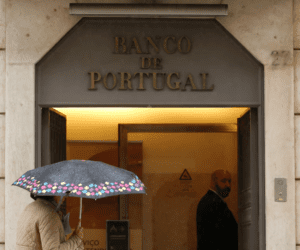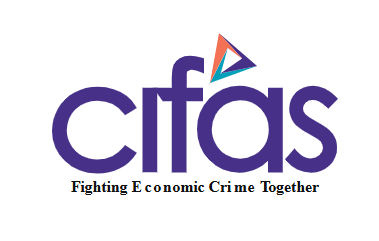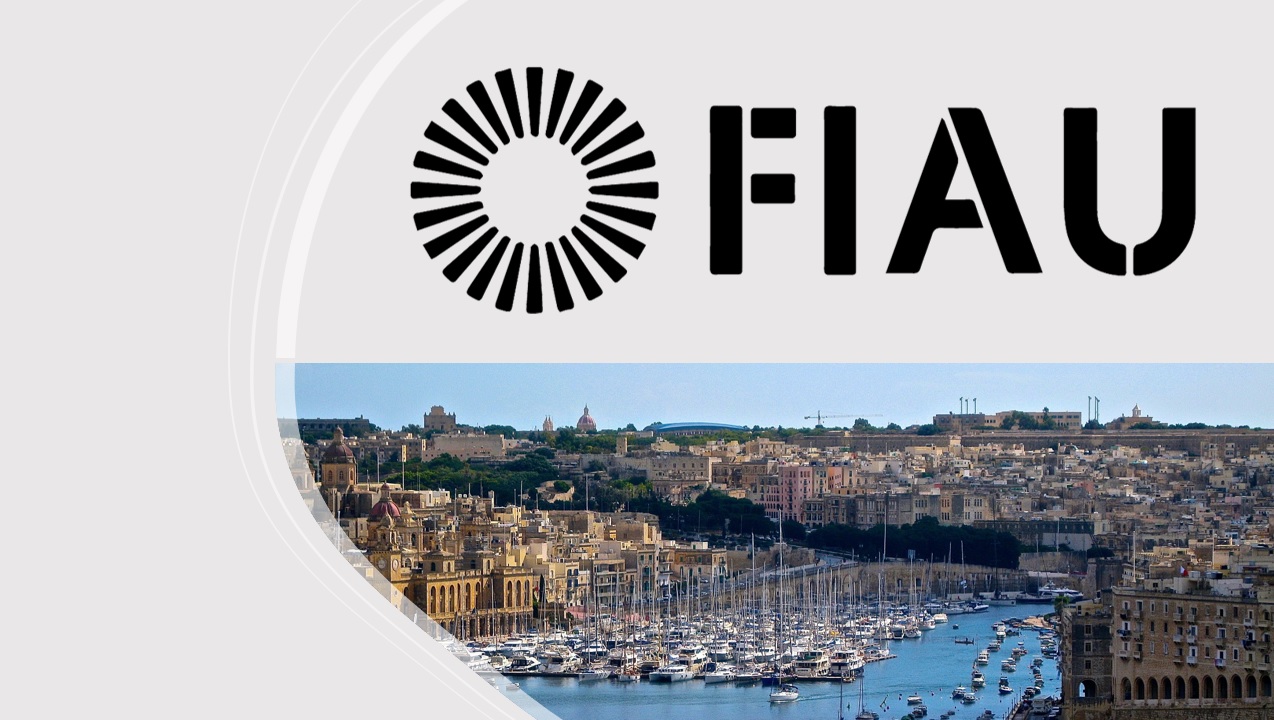By AMLi Correspondents
TWO MAJOR police operations in Europe have led to the seizure of €4M of the most authentic-looking forged €500 notes and the uncovering of mob infiltration of a major Italian port.
Some 300 police officers in Italy today (Thursday) carried out coordinated raids against a criminal syndicate linked to the ‘Ndrangheta which trafficked hundreds of millions of euro worth of cocaine through Gioia Tauro port in the south.
While in Spain the discovery a print shop which “produced one the most sophisticated euro counterfeits ever detected in the EU,” was announced by police.
The seizure was made last month, Europol announced today, in an operation led by the Spanish National Police (Policía Nacional) and the Police of Catalonia (Los Mossos d’Esquadra). Officers said they had dismantled the organised crime group involved in the production and distribution of the counterfeit euro banknotes.
The counterfeiters were using top-end technology to produce counterfeit euro bills, in what are considered to be some of the most sophisticated fakes ever detected in the EU.
The advanced technological design and the good condition of the forgeries make these the most dangerous counterfeits produced in the EU in recent years. Investigators from the Bank of Spain’s Investigation Brigade identified the main suspect behind the print shop as an individual already known by authorities detained for similar criminal activities in 2009.
Although these counterfeit bills were of higher quality, they had similar features to counterfeits produced in 2009. This is what led authorities to link the counterfeits to the same suspect.
In a separate operation the Italian Financial Corps (Guardia di Finanza) has dismantled a criminal network which relied on corrupt workers in the port of Gioia Tauro to smuggle hundreds of millions of euros’ worth of cocaine into Europe.
Today, around 300 police officers carried out coordinated raids against the members of this highly professional criminal syndicate linked to the ‘Ndrangheta.
Property searches were carried out in the provinces of Reggio Calabria, Vibo Valentia, Bari, Naples, Rome, Terni, Vicenza, Milan and Novara, resulting so far in 31 arrests and 7 million euros worth of criminal assets being seized.
These arrests follow a complex investigation in which over 4 tonnes of cocaine imported by the criminals have been seized, with an estimated street value exceeding €800M.
The investigation identified a corrupt customs officer who allegedly altered the outcome of an x-ray scan performed on a container containing 300 kilos of cocaine. He is believed to have received a sum equivalent to 3 % of the value of the illicit cargo for this.
In the framework of intelligence activities underway with Europol, the Italian investigators were also able to identify the other members of this criminal network, structured as follows:
- Members of the ‘Ndrangheta, who would arrange for the cocaine to be shipped from South America;
- Field coordinators, who would recruit and manage the corrupted dockers, paying them a commission varying between 7 to 20 % of the value of the illegal cargo;
- Complicit port operators who would arrange for the ‘contaminated’ containers to not be intercepted as they were being smuggled into the port of Gioia Tauro.
The investigation also made it possible to identify the criminal masterminds responsible for organising the massive importation of cocaine from South America to Calabria, characterised by periodic shipments of two tonnes each. These criminals feature among the suspects arrested today.
Europol’s support was central in the development of the Italian investigation, providing tailored expertise and extensive analysis. Europol developed reliable and crucial intelligence concerning the activities of this criminal network and has been working closely with Italian investigators to bring down the whole network.
The Head of the European Serious and Organised Crime Centre at Europol, Jari Liukku, said: “This investigation uncovered how the ‘Ndrangheta is using corruption to enable its criminal activity and undermine law enforcement’s efforts. Europol sees the use of corruption, in the private or the public sector, as a major enabler of organised crime.
“In this particular investigation we are very pleased to have joined forces with the Italian Guardia di Finanza to support them in fighting large-scale drug trafficking as well as corruption at an EU entry point. In this regard this investigation sets an example. This investigation was supported by the EU-funded Project ISF4@ON, an Italian-led initiative to tackle mafia-type organised crime groups active in Europe.
Meanwhile, in the Spanish counterfeit euros operation police have linked the case to another investigation in 2021 when officers in Catalonia found a bag with about EUR 4 million in fake €500 bills. The Analysis Centre of the Bank of Spain confirmed that the fakes were the same as the ones from the most recent batch of counterfeits.
The investigators estimate that in as little as three months’ time, the criminal network printed more than €8 million in this clandestine print shop, which was dismantled in September.
The members of the criminal network had different functions, from supplying raw materials, mainly from China, to managing the printing equipment. The fake money was used for different criminal activities including drug trafficking.
The police intervention also involved the Bank of Spain’s Investigation Brigade, support units from the General Council of the Judiciary (Consejo General del Poder Judicial) and agents from the Anti-Riot Units (Unidades de Intervención Policial) to facilitate access and secure the area.
Last month’s operation led to searches in nine locations at Alicante, Barcelona, Malaga and Valencia and 12 arrests. One clandestine print shop was dismantled a large amount of equipment (several printing presses, an insulation machine, a hot stamping machine, a paper guillotine and raw materials) seized.
Share this on:
Follow us on:











